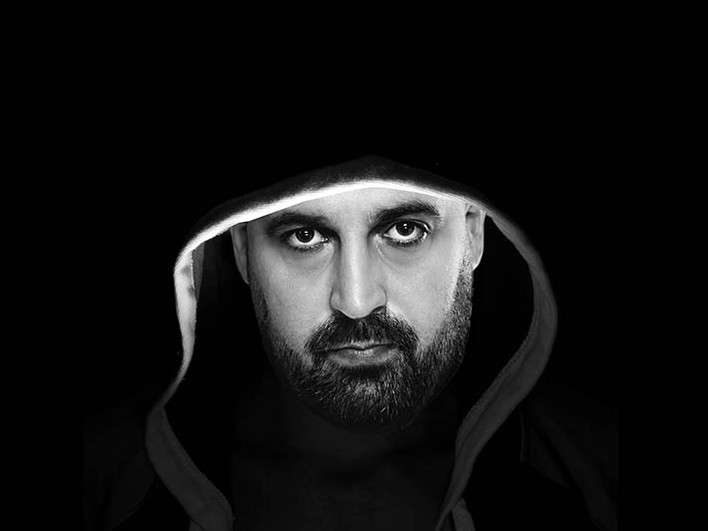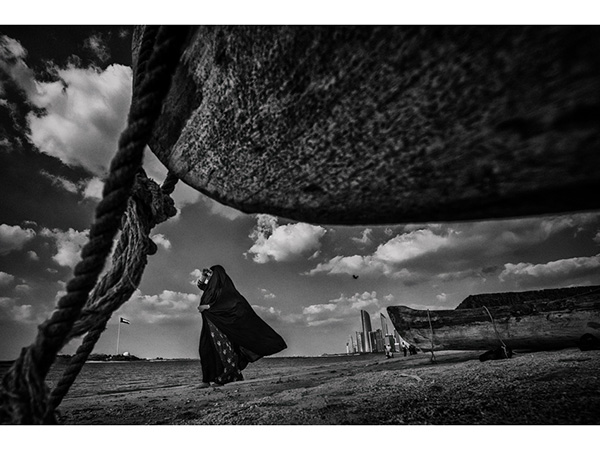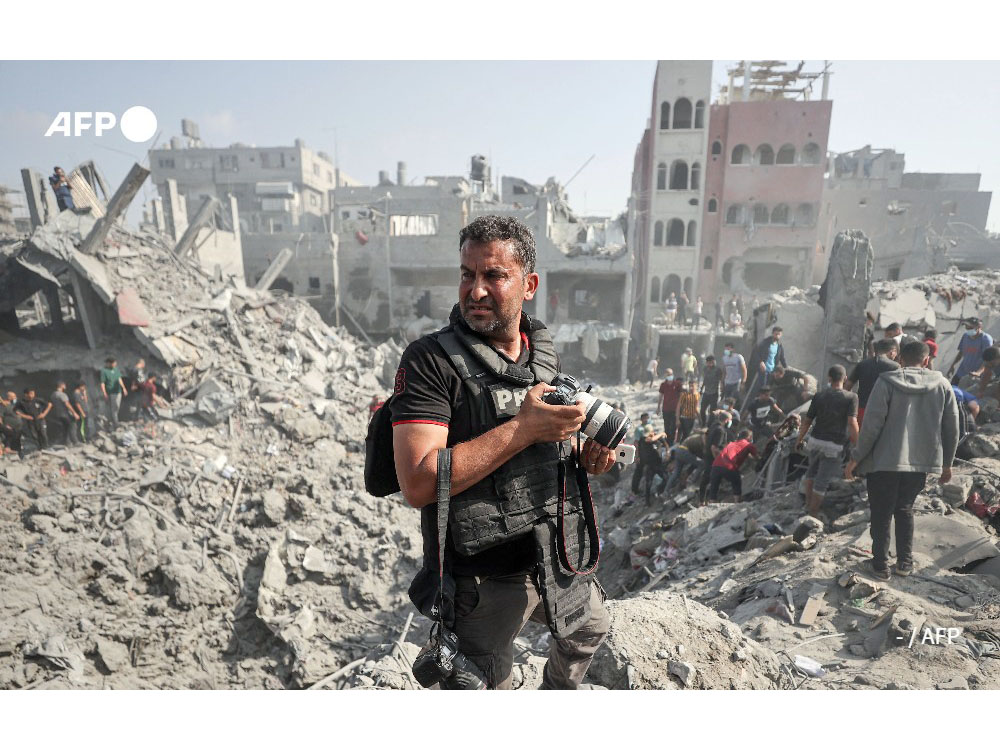Art & Design
Driving the Message Home
September 6, 2016

What is the hardest part of your job?
Honestly, I do not see any hard part in my job, although it transformed over the years from a hobby to a profession. However, I still enjoy it a lot because, from the get-go, it began and continues to be my way for self-expression.
If not a photographer who you would have been?
I see photography as art and what I mean is that it is a combination of sculpture, painting, poetry and music... All these together form a photo. For that reason, I consider myself an artist rather than a photographer. It is where I belong and what I was born to be.
How would you describe your style and how did it develop?
Style develops with time and experience, a reality I continually emphasise during my photography workshops. However, I lean more toward the artistic side rather than the school of photojournalism, because I do not believe that a photographer should “capture the moment” unless he is a photojournalist... Nonetheless, an artistic photographer should “create the moment” rather than have a “snappy happy” shot. In other words, one should put his/her ideas, feelings, concepts and messages into the visual before presenting it to the audience.
Which photographers inspired you most and how did they influence your thinking, style, and career path?
Many pioneers have inspired me such as, Ansel Adams with his great black and white landscapes, Dorothea Lange and how her portraits of immigrants helped in changing all immigrants’ rules in the USA to become more humane! I also like Sebastiao Salgado and Salvador Dali the pioneer of Surrealism. These great artists inspired me to such a point they became the trigger for me to take photography as an exceptional means to convey all sorts of messages and thoughts related to social, environmental, personal or even political issues.
How do you educate yourself to take better pictures?
In photography, like in any art, the learning process is continuous. You learn something new every day that adds value to you and your work. Seeing the work of famous photographers can help any beginner to learn how to better see the techniques. But, when you reach the phase of creating your own path or style, you start to educate yourself about more profound subjects like philosophy. You suddenly find yourself delving into art movements and humanity because you feel more concerned in using these to express issues that can benefit and improve society or the environment to which you belong.
What is the influence of digital technology on your work?
Let’s face it, we are in the digital era and digital photography has brought us millions of things that boosted photography and opened up the horizon of creativity. For me, those who still criticise digital photography are the ones who were incapable of adopting new technologies. Digital photography is a part of our lives whether we like it or not. After all, who doesn’t have a camera phone today?
The influence of digital technology on my photography is unlimited... I now have the opportunity to take many more photos that are not limited to the film being used and develop them without the need for a dark room. Let’s not forget the large selection of mediums we today can print on... The entire industry changed for the better, especially since we now have so many options to choose from, which are based on how creative one is.
What kind of mode do you go into when photographing a concept or idea you are passionate about?
Detached from the rest of the world... When I am working on a concept or idea I am passionate about, I live inside it. We know that each of us has someone or something, which inspires our life and work.
Can you tell us the true basis of your inspiration?
My inspiration can be a poem, a scene, a song, a situation that I am living or a state of mind... The subject here varies but the point of departure starts with the idea that links the inspiration. In my mind is where the idea starts developing after which I start the daydreaming process until it fully matures.
What is the favourite image you recently shot?
Honestly, I do not have a favourite photo... Each one expresses something and has its own meaning and taste for me. Nonetheless, I would like to point out that initially, the idea precedes the composition and location. As for lighting and camera settings, those are also important but secondary... I emphasise this point because many photographers worry more about lighting and camera settings than the actual idea and its composition... In 2010, I participated in an international photography exhibition held in UNESCO and the photographer next to me had some a very creative and unique style. So, when I asked how she did those pieces, she laughed and took from her purse a small point and shoot camera and explained... It was a turning point for me, which taught me precedence in relation to concept.
What makes a good picture stand out?
This is the question I always ask in my photography workshops. The answer is simple. When we have the full knowledge of the theories and principles of photography, we will be able to make a photo that captures the eye and conveys the message we want to the audience.
What it is that you want to say with your photographs and how do you actually get your photos to do that?
My work carries a lot of messages that I insist on showing. My concerns are mainly related to the human condition, environment, revolutions against corruption and inequality. As such, I try to spread peace and non-violence through photography, while highlighting the beauty of the places I visit, especially my beloved country Lebanon. That is why I sometimes use conceptual photography and surrealism techniques to convey a social message.
What has been your most memorable assignment?
My latest e-book entitled, “The Vision”. After releasing two photography books, I wanted to release one for free and in a digital copy accessible to all, which I invite you to download from my website. It reflects new thoughts in a new way.
Do you get to work with ad agencies on specific assignments?
I did a lot of commercial photography jobs that were mostly for products, shops, hotels, restaurants, real estate companies and artists. Unfortunately, I turned down some ad agency offers since they wanted to communicate ideas using small budgets, which could have jeopardised the whole work. What I am looking for is a highly creative and interesting advertising collaboration.
Do you see yourself as a photographer many years down the road?
Photography is my life’s passion. Unless I am physically debilitated, I will always see myself holding a camera.
What advice do you have for photographers just starting out?
Do not go for the expensive camera because it will never add anything to your work. Cameras are just tools, so learn to develop your eyes to “see” the world and learn the principles and theories to better understand when and where you can break them and when they are excellent to use! See the work of others but never imitate.
On the technical front...
Nikon or Canon, other? Many will not like my answer or will be surprised. Considering the mirrorless cameras coming out, Nikon and Canon are being replaced with Sony and Fujifilm.
Favourite lens? Depends if you are shooting studio or landscape, macro or street. However, I can always say that prime lenses are the best regarding quality.
Favourite photography accessory, other than your camera? Tripod, shutter release cable and ND filter.
Favourite editing accessory, other than your computer? Wacom Retouching Tablet.
What is your most used Photoshop tool, plug-in, action set etc.? Levels, curves, spot healing brush.
Are you a Mac or PC lover? Mac.
Insta: @mido_photography_
Fb: /midophoto
Topics
Recommended
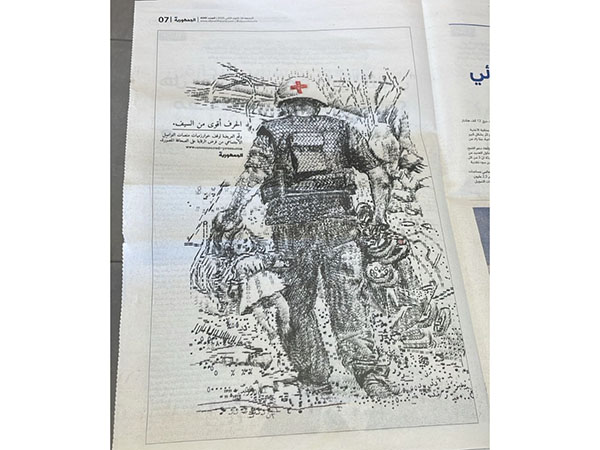
'Uncensored Press’: Overcoming algorithmic censorship to uncover war’s truth
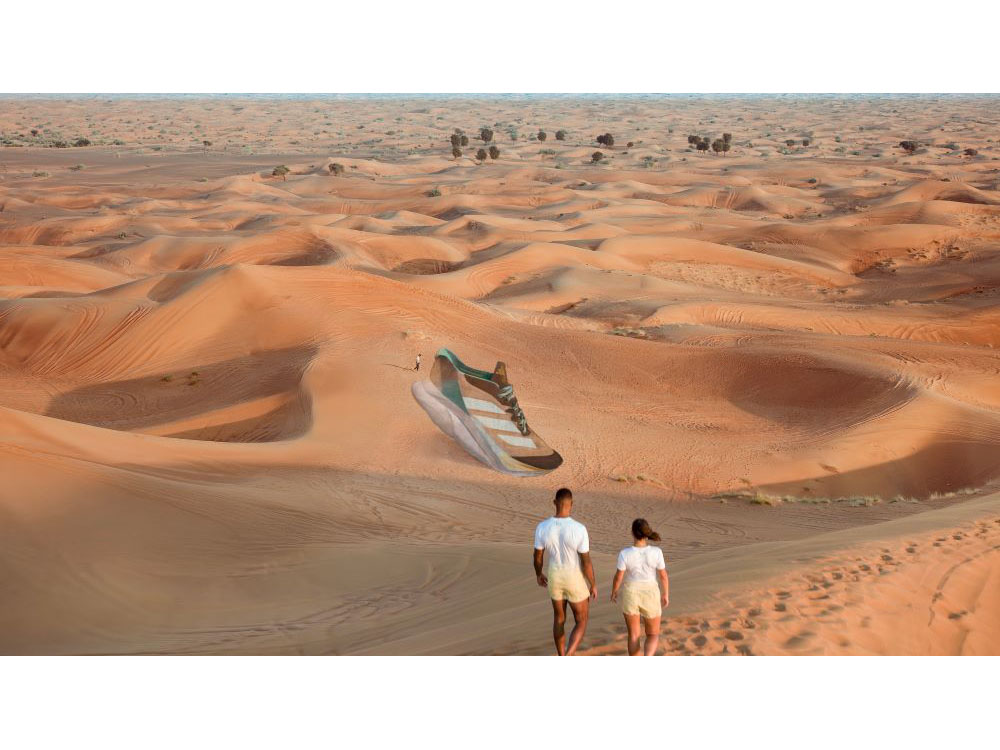
An exciting collaboration between adidas Arabia and earth artist David Popa brings together the power of art, nature and sports
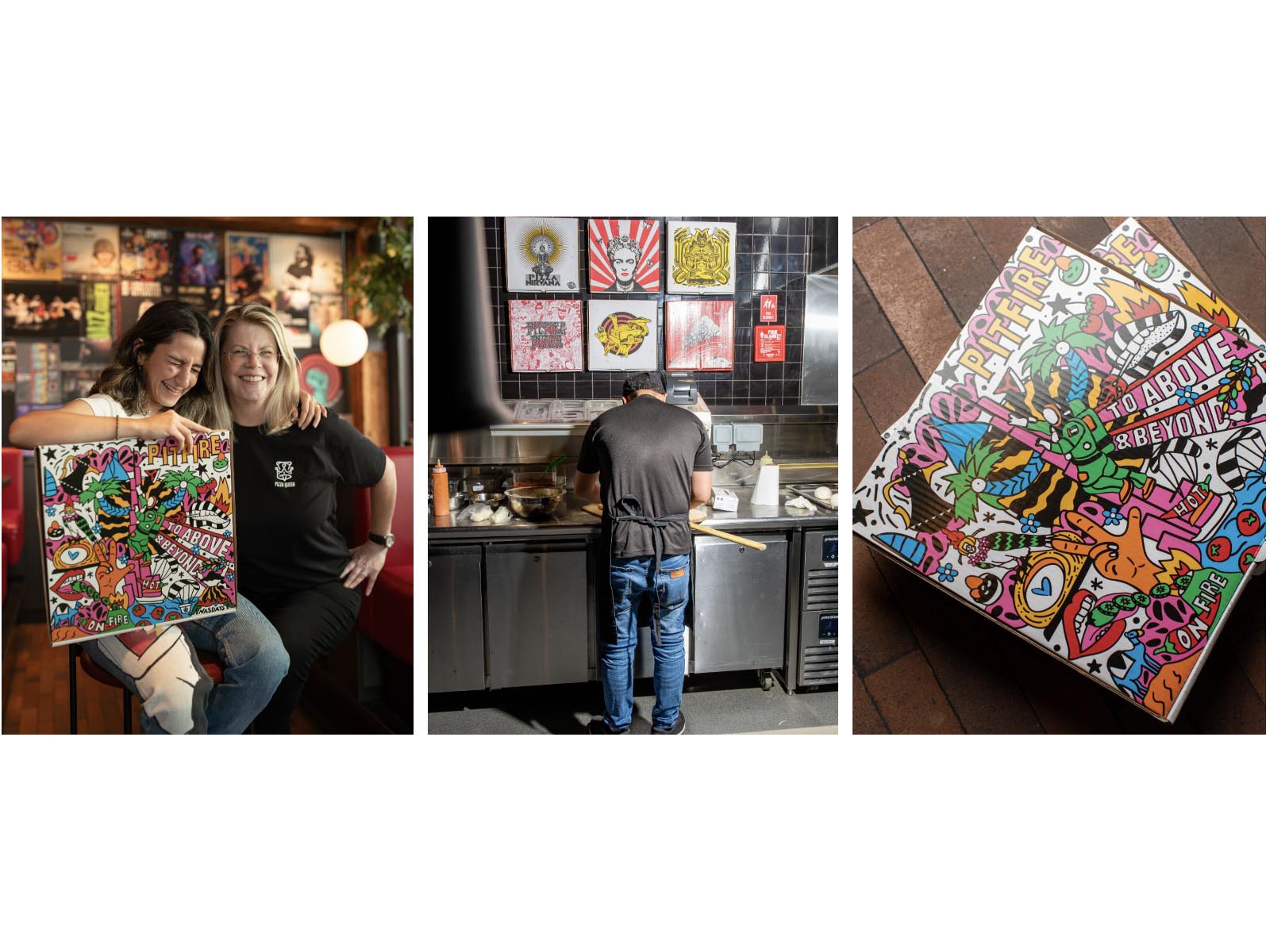
Pitfire’s Box Art Program: how a homegrown brand transformed its packaging into a creative platform to support local talent



